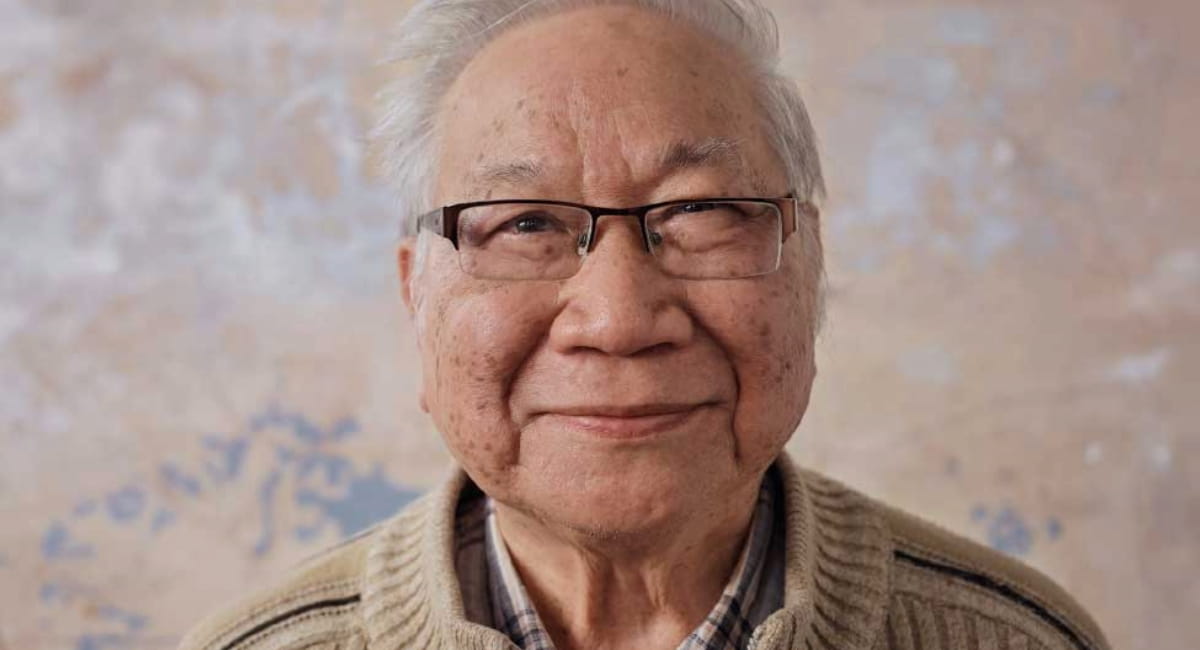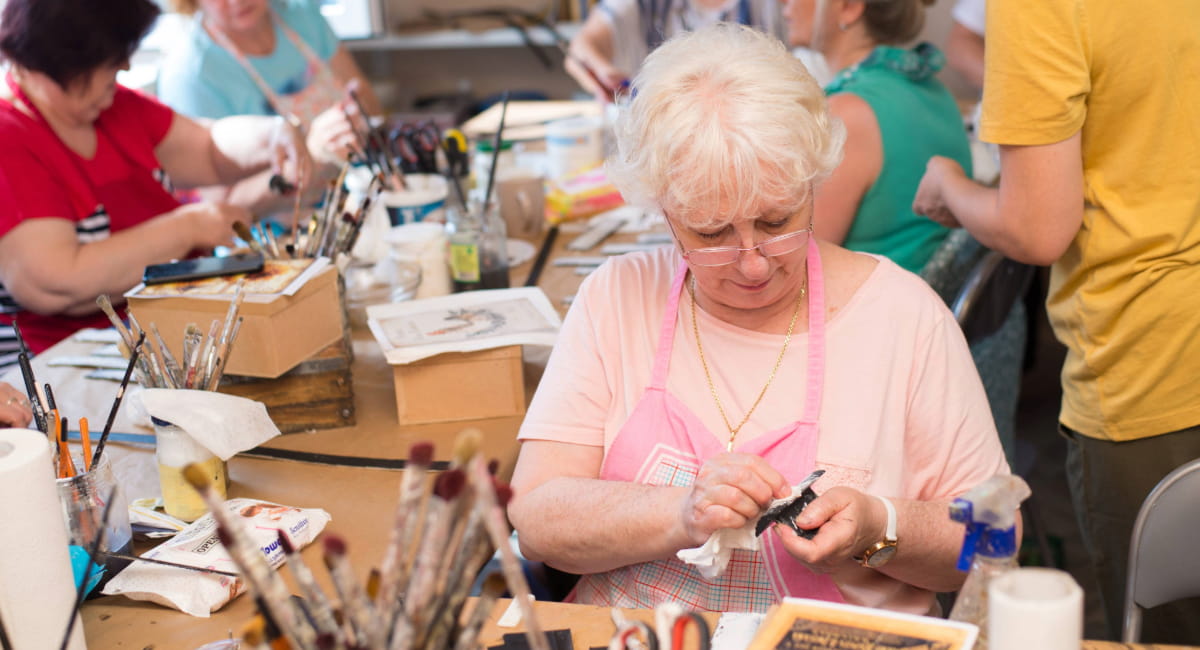“I think being balanced is about having the different components of your life in check and feeling comfortable with where they are.”— Dr Kate Lycett, Australian Unity Wellbeing Index lead researcher, Deakin University
Key points
- Life is a constant juggling act—but, by being in balance, we can find Real Wellbeing.
- The Australian Unity Wellbeing Index highlights seven different areas of life that impact on our wellbeing, including our health, relationships and finances.
- “Balance” means different things to different people. Its core, however, is finding equilibrium with the different components of our lives.
Life is constantly yanking us in opposite directions at high speed. We want to spend more quality time with our families. But cost-of-living pressures can make it feel irresponsible to turn down that offer of extra work. We know that exercising will help us to manage our mounting stress levels. Yet, given how tight our time is, going for that long walk can seem like a self-indulgence we can’t afford.
Everyone faces some variation on this eternal juggling act—and there’s rarely an easy solution. But when we find balance, we find Real Wellbeing. So what does “being in balance” actually mean?

The search for equilibrium
“I think about balance from various perspectives,” says Dr Kate Lycett from Deakin University's School of Psychology. “So there’s physical health and mental health, but also relational health—which is an aspect is often missed.”
As lead researcher for the Australian Unity Wellbeing Index, an annual study conducted in partnership with Deakin University, Kate has unparallelled insight into what drives Australians’ wellbeing. What the study has shown is that there are seven “domains” or areas that each contribute to our wellbeing: relationships, standard of living (finances), achieving in life (a sense of purpose), health, community connectedness, personal safety and future security.
“I think being balanced is about having the different components of your life in check and feeling comfortable with where they are. So there’s no point having wonderful physical health if your mental health isn’t doing so well or if you don't have good relationships. It’s all about finding that equilibrium,” notes Kate.
The challenge of “balance”
The problem is that 21st-century life often makes striking that equilibrium feel like mission impossible. The traditional boundaries between work and home have all but disappeared in the digital age. Meanwhile, house prices and rising interest rates mean that for many families, both parents need to work full-time to make ends meet. In short, many people are at full stretch.
“We know there’s evidence that things like working excessive hours, chronic stress, or not enough sleep can have all sorts of potential physical and mental health impacts,” says Emma Pruys, Australian Unity’s Clinical Design Lead. “The way the world operates now, it can be easy to find ourselves falling into patterns that seem right but maybe aren’t great for your wellbeing.
“For me, balance is about trying to make sure that there’s nothing in your life that’s too dominant or too neglected to the point that it’s having a detrimental impact on your overall wellbeing.”

Balance over a lifetime
As Kate notes, however, “being balanced means different things at different stages of our lives”.
For many, our 30s are the decade when our adult responsibilities ramp up. One of the biggest game changers, she says, can be the transition to parenthood. “For people with children, their priorities often completely change as their family take a higher precedence over work.”
Our 40s often prove to be the most demanding life stage due to the blizzard of conflicting demands. This is the time when many people find themselves having to deal with busy jobs, mortgage stress, childcare issues and trying to look after ageing parents. “We definitely see a mid-life drop with standard of living,” says Kate, referring to Australian Unity Wellbeing Index results relating to financial wellbeing.
The good news is that things tend to improve in our 50s, 60s and beyond. Having weathered the storm of our earlier decades, this is the time when life starts to get a little bit more manageable and many people have the bandwidth to prioritise their wellbeing.
“We often refer to as these as the golden years of wellbeing,” says Kate. “Because people aren’t in the thick of things at work as much as they were in the mid-life stage, maybe it’s easier for them to define their sense of balance.”
Progress over perfection
If you’re still in the midst of the daily juggling act, trying to strike a sustainable balance can feel like a daunting prospect. That’s why, rather than agonising over the best way to establish perfect harmony on all fronts, Emma recommends focusing on one element at a time.
“My view is always progress over perfection,” she says. “It can be really hard to say I'm going to balance everything. And sometimes, trying to do that means you don’t even start because it just seems too overwhelming.
“A better approach might be to ask yourself: ‘What could I do as step one? What’s something that matters to me, matters to my wellbeing and is achievable to take one step towards?’”

The search for Real Wellbeing
A sense of balance is essential for our wellbeing, and there are many ways to find the equilibrium we need. But “being in balance” will ultimately come down to what’s important for you.
“I don’t think there’s ever a one-size-fits-all formula for health and wellbeing,” admits Emma. “What looks balanced for one person won’t for another. It all depends on your individual circumstances and your individual goals.”
Whatever balance looks like for you—be it your personal health, financial investments for the future, maintaining independence at home, or finding care for a loved one—Australian Unity is here to help.
.jpeg)

